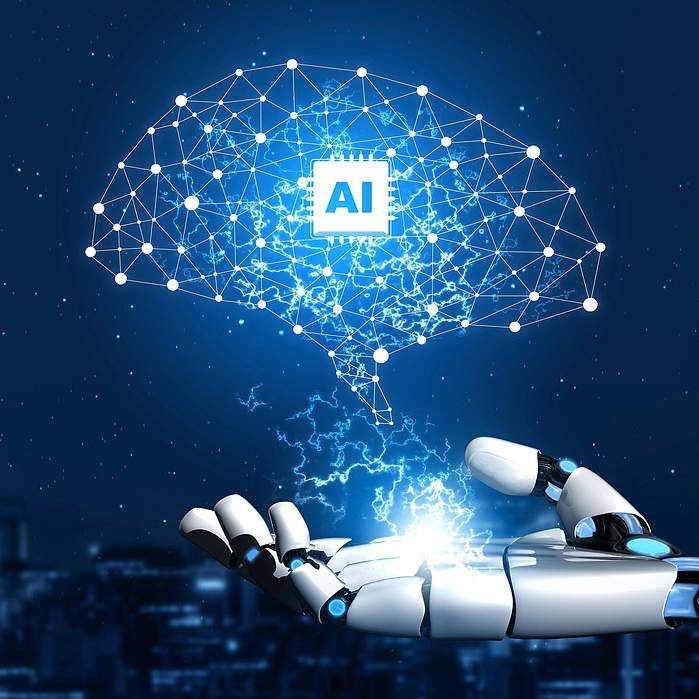

The course begins with an introduction to the fundamental concepts of artificial intelligence, including machine learning, deep learning, and neural networks. Participants will learn about the history of artificial intelligence, its evolution, and its core theories. The course will also explore the practical applications of AI, demonstrating how AI technologies are used in sectors such as manufacturing, security, healthcare, and finance to solve real-world problems and optimize performance.
The course will address the ethical and social challenges associated with artificial intelligence, including issues such as data privacy, bias, transparency, and the broader social impact of AI adoption. Participants will discuss guidelines for the responsible use of AI and consider the ethical dilemmas that arise from integrating AI into various contexts.
The course will also cover future trends in AI, providing insights into the direction in which AI is evolving, as well as the potential opportunities and risks associated with emerging AI technologies. Participants will be encouraged to think critically about the future role of AI in industries and society as a whole.
To reinforce theoretical knowledge, participants will engage in practical exercises, including the creation of simple AI models and the analysis of case studies on AI implementation in real-world scenarios. These exercises will help participants understand the process of developing AI solutions and applying them to practical problems.
The course is delivered through a combination of online sessions and in-person workshops, offering an interactive and flexible learning experience. Participants will benefit from expert instruction, group discussions, and hands-on activities that allow them to apply their newly acquired knowledge in a supportive learning environment.
Živko Krstić
English
trough a combination
of online sessions and in-person workshops